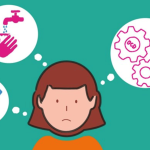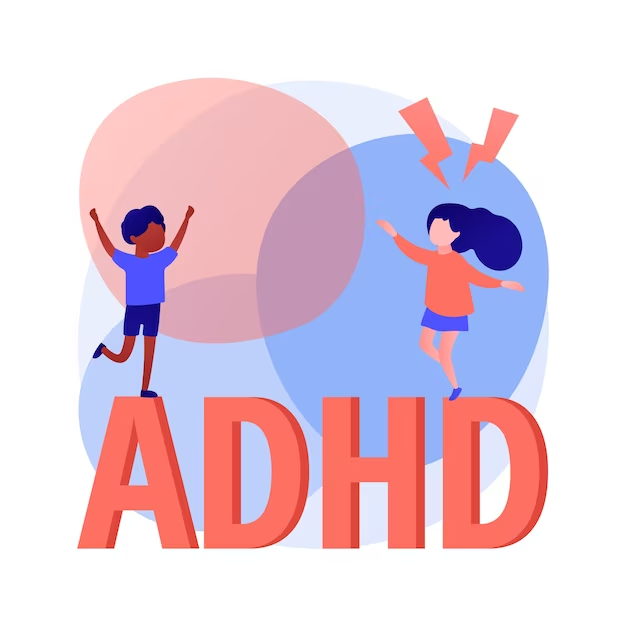1. Definition
Borderline Personality Disorder (BPD) is a serious mental disorder characterized by pervasive instability in moods, interpersonal relationships, self-image, and behavior. This instability often disrupts family and work life, long-term planning, and an individual’s sense of self-identity.
2. Diagnostic Criteria (DSM-5-TR)
The DSM-5-TR specifies several criteria for diagnosing BPD, which include:
- Frantic efforts to avoid real or imagined abandonment.
- A pattern of unstable and intense interpersonal relationships characterized by alternating between extremes of idealization and devaluation.
- Identity disturbance: markedly and persistently unstable self-image or sense of self.
- Impulsivity in at least two areas that are potentially self-damaging (e.g., spending, sex, substance abuse, reckless driving, binge eating).
- Recurrent suicidal behavior, gestures, or threats, or self-mutilating behavior.
- Affective instability due to a marked reactivity of mood (e.g., intense episodic dysphoria, irritability, or anxiety usually lasting a few hours and only rarely more than a few days).
- Chronic feelings of emptiness.
- Inappropriate, intense anger or difficulty controlling anger (e.g., frequent displays of temper, constant anger, recurrent physical fights).
- Transient, stress-related paranoid ideation or severe dissociative symptoms.
3. Prevalence and Impact
BPD affects about 1.6% of the adult population, with a higher incidence among women than men. It often appears in early adulthood. The disorder causes significant impairments in functioning and quality of life, with a high rate of self-harm and suicidal behavior.
4. Treatment Approaches
Treatment for BPD typically involves a combination of therapy, medication, and support:
- Psychotherapy: Dialectical behavior therapy (DBT) is the most effective treatment known for BPD. It focuses on teaching coping skills to combat destructive behaviors and regulate emotions.
- Medications: While there are no medications specifically approved to treat BPD, drugs such as antidepressants, mood stabilizers, and antipsychotics may be used to treat co-occurring symptoms or conditions.
- Support Groups and Peer Support: These can provide emotional support and help reduce feelings of isolation associated with BPD.
5. Challenges and Considerations
Treating BPD can be challenging due to the complexity of the disorder and the intense emotions involved. Individuals with BPD may have difficulty sticking with treatment, and a high potential for misdiagnosis exists due to symptom overlap with other mental disorders.
6. Research and Future Directions
Ongoing research aims to better understand the biological and environmental factors contributing to BPD and to develop more effective, personalized treatments. Studies on the genetics and neurobiology of BPD are exploring new possibilities for intervention and care.
Further Reading and Resources:




